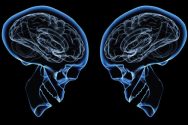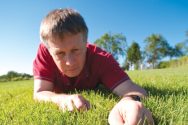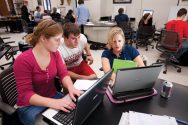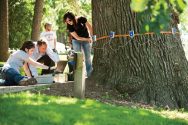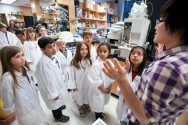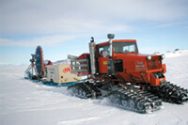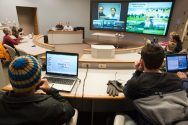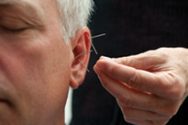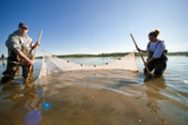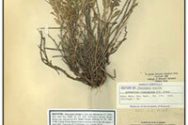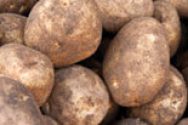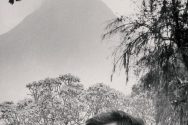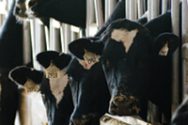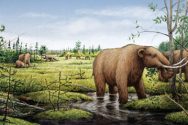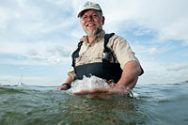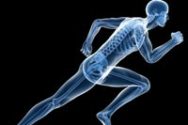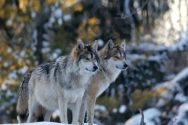Science
280 stories. Showing page 9 of 10.
With every brain she dissects, neuropathologist Ann McKee ’75 discovers more about chronic traumatic encephalopathy, the disease that results from repeated brain injuries. Her studies are changing how sports — especially football — are played.
We offer seven examples of life-changing UW discoveries, knowing full well that it’s only a start. Think back and add a favorite to our list, then learn what’s afoot at the new Wisconsin Institutes of Discovery.
Horticulture prof is in his element when working with sports venues around the world.
Boot camp program helps students navigate the biosciences.
An investigation into the center of a three hundred-year-old tree
New Charter Street power plant will include biomass.
A creative partnership brings youthful enthusiasm to the scientific method.
The shot-hole drill gives the Antarctic a breath of fresh air.
Dairy Science 375: Evaluation of Dairy Agroecosystems in Wisconsin and Mexico
David Rakel is one of the pioneers in the field of integrative medicine, which combines conventional and alternative treatments. He believes the discipline's emphasis on prevention can help cut rising health care costs, but skepticism remains.
The Wisconsin State Herbarium traces its roots to the founding of the university
Researchers develop system to warn of volcanic threats to aviation.
With sustainability at the forefront, this program has put Wisconsin ahead of the trend.
Before Jane Goodall and Dian Fossey, there was George Schaller MS’57, PhD’62, whose crusade to protect the world’s most beautiful and endangered animals has taken him to the globe’s most remote regions.
The flamboyant Joseph Jastrow founded the UW’s psychology department and helped shape the fledgling science.
A comfy space and familiar companions make for a healthier herd.
What happened to Ice Age megafauna?
Federal stimulus funds jump-start stalled research across the campus.
A computer model replicates snowflakes in all their detail and beauty.
Copernicus’s big idea may have sprouted from earlier talk among scholars.
Want to go farther faster on your daily jog? It turns out that slowing down might be a better idea in the long run.
Thirty-five years ago, Wisconsin had no gray wolves. Today it has more than it knows what to do with. Now UW researchers are trying to help the state figure out how many wolves it wants and needs.

